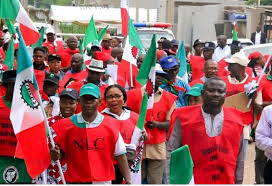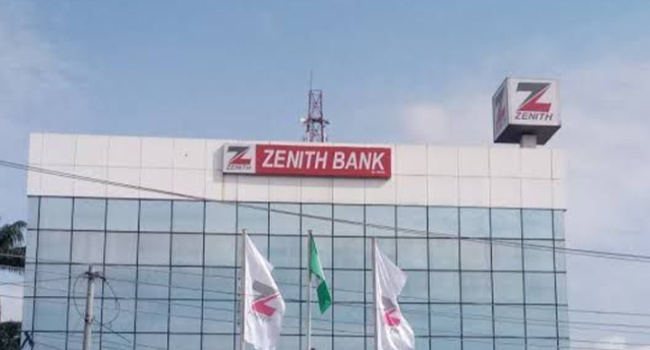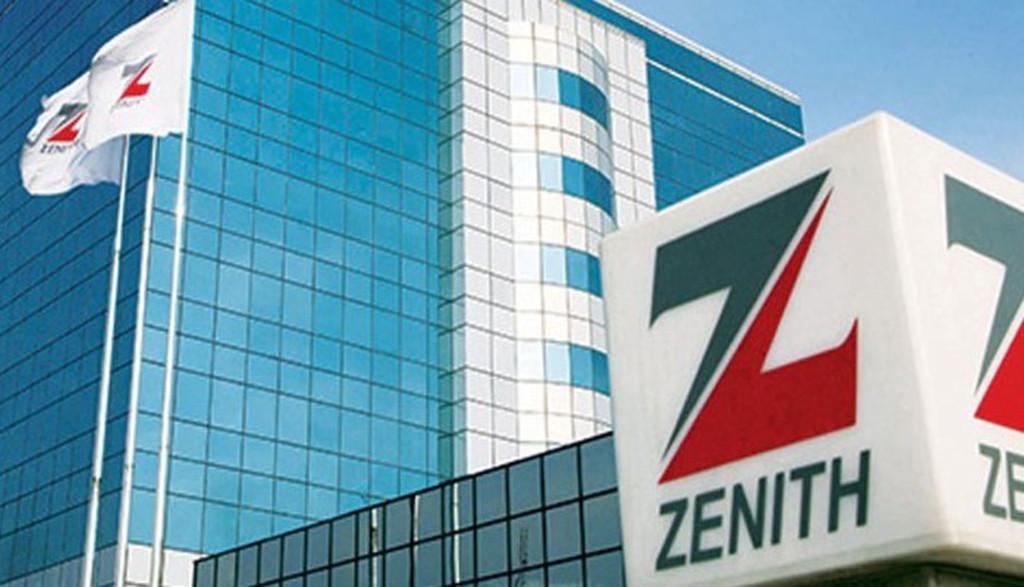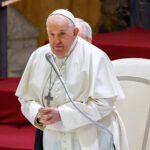Presidency’s Stance on Minimum Wage Demand
The Presidency has stated that the demand for a N250,000 minimum wage by Organised Labour is unsustainable, stressing that the Federal Government cannot allocate all its resources to meet this demand.
This statement was made on Sunday, two days after the Association of Local Governments of Nigeria (ALGON) expressed concerns over the proposed N62,000 minimum wage by the Federal Government.
Join our WhatsApp ChannelALGON’s Concerns
ALGON has raised the alarms about the financial strain that a N62,000 minimum wage could place on local councils. They argue that approving this wage might lead to significant financial burdens for local governments.
On May 28, negotiations between the Federal Government and Organised Labour collapsed after the government and the Organised Private Sector proposed N62,000, which the labour unions found unacceptable.
Labour Unions’ Reaction
Labour unions described the government’s proposal as an insult to the intelligence of Nigerian workers. They argue that the average worker deserves more than what the government has offered.
Bayo Onanuga, the Special Adviser to President Bola Tinubu on Information and Strategy, said in an interview, “The government cannot use all its resources to pay workers. They have other responsibilities. The workers being discussed are not up to 10% of the population. Many people are self-employed or work in the private sector and are not affected by this demand.”
READ ALSO: Minimum Wage: We Didn’t Have Agreement, NLC Tells Tinubu
Government’s Appeal to Labour
Onanuga urged the labour unions to be realistic and reconsider their decision, emphasising that the current proposal was made after consulting the private sector and other stakeholders. He said, “Labour needs to critically reassess their stance instead of always striving to shut down the system. The current figure of N62,000 was agreed upon by a committee including representatives from the private sector and other sectors.”
Onanuga also mentioned that the President plans to send an executive bill on the new national minimum wage to the National Assembly after the Sallah break, but he could not provide a specific date.
The Federal Government’s Position
The presidential media aide clarified that the Federal Government might not meet with Labour leaders again unless a significant change occurs. He noted, “The current proposal was reached through a committee that included sub-nationals, employers, and other sectors. The government cannot decide on a new amount without consulting these stakeholders. Additionally, state and local governments must be able to afford the new wage.”
Efforts to reach labour leaders on Sunday were unsuccessful, as sources indicated they were returning from a recent International Labour Organisation (ILO) conference in Geneva.
Tripartite Committee’s Appeal
The tripartite committee established by the Federal Government to review the minimum wage has urged labour unions to reassess their demands. The committee’s chairman, Bukar Aji, asked labour to reconsider their stance based on economic factors and non-monetary incentives provided by the government.
Aji highlighted several incentives, including the N35,000 wage award for federal workers, N100bn for gas-fuelled buses and gas kit conversions, an N125 billion conditional grant, and an N25,000 monthly stipend for 15 million households over three months.
He also mentioned the N185 billion in palliative loans to states, N200 billion to boost agricultural production, N75 billion to strengthen the manufacturing sector, and N1 trillion for student loans. Aji emphasised that the committee is trying to avoid a situation where the minimum wage increase leads to further job losses, especially as many businesses are already struggling.
The Federal Government has made its stance clear that an N250,000 minimum wage is unsustainable and has urged labour unions to reconsider their demands. With ongoing negotiations and various economic factors at play, the resolution of this issue remains critical for the future of Nigeria’s workforce and economy.
Emmanuel Ochayi is a journalist. He is a graduate of the University of Lagos, School of first choice and the nations pride. Emmanuel is keen on exploring writing angles in different areas, including Business, climate change, politics, Education, and others.


















Follow Us